[Anchor]
As we mark the 80th anniversary of Liberation, one issue that cannot be overlooked is Korea-Japan relations.
Coincidentally, President Lee Jae Myung will visit Japan starting on the 23rd to hold a summit with Prime Minister Ishiba.
This is the first time our president has chosen Japan as the first country for a bilateral summit since taking office.
The relationship between Korea and Japan is at a turning point, as we consider whether we can move beyond past pains and conflicts towards a truly future-oriented relationship.
Reporter Kim Kyung-jin has gathered insights from experts on potential solutions.
[Report]
With no time difference and close proximity, Japan is a neighboring country where 12 million people travel back and forth each year. If we join hands in culture, economy, and more, we can expect synergy.
[Kang Chang-il/Former Ambassador to Japan: "If we cooperate in technology, capital, and markets, we can create tremendous synergy, comparable to Europe."]
However, the history of invasion and the perceived insufficient reflection from the perpetrators are obstacles to the development of Korea-Japan relations.
[Jang Sung-il/Research Fellow at the Northeast Asian History Foundation: "(The past) is not just a problem that remains in the past; it is an important issue that affects current and future national relations."]
The Lee Jae Myung administration emphasizes a 'two-track' approach, separating historical issues from current affairs.
[Cho Sung-ryul/Former Consul General in Osaka: "The past issues are treated according to principles, but the flow of practical diplomacy is intended to continue."]
Experts suggest taking it a step further with a 'multi-track' approach.
[Kang Chang-il/Former Ambassador to Japan: "Economics moves in its own way, security in its own way, politics in its own way, and historical issues in their own way."]
They particularly emphasize the role of civil society.
[Baek Tae-woong/Professor at the University of Hawaii School of Law: "I believe we need to move towards a new solution centered on civil society that truly reflects the grievances of the victims."]
[Lee Baek-soon/Former Ambassador to Australia: "Issues like the comfort women and forced labor are clearly human rights issues, which have international appeal."]
Even amid cooperation and checks, experts point out that the focus should be on the future, not the past.
This is KBS News, Kim Kyung-jin.
As we mark the 80th anniversary of Liberation, one issue that cannot be overlooked is Korea-Japan relations.
Coincidentally, President Lee Jae Myung will visit Japan starting on the 23rd to hold a summit with Prime Minister Ishiba.
This is the first time our president has chosen Japan as the first country for a bilateral summit since taking office.
The relationship between Korea and Japan is at a turning point, as we consider whether we can move beyond past pains and conflicts towards a truly future-oriented relationship.
Reporter Kim Kyung-jin has gathered insights from experts on potential solutions.
[Report]
With no time difference and close proximity, Japan is a neighboring country where 12 million people travel back and forth each year. If we join hands in culture, economy, and more, we can expect synergy.
[Kang Chang-il/Former Ambassador to Japan: "If we cooperate in technology, capital, and markets, we can create tremendous synergy, comparable to Europe."]
However, the history of invasion and the perceived insufficient reflection from the perpetrators are obstacles to the development of Korea-Japan relations.
[Jang Sung-il/Research Fellow at the Northeast Asian History Foundation: "(The past) is not just a problem that remains in the past; it is an important issue that affects current and future national relations."]
The Lee Jae Myung administration emphasizes a 'two-track' approach, separating historical issues from current affairs.
[Cho Sung-ryul/Former Consul General in Osaka: "The past issues are treated according to principles, but the flow of practical diplomacy is intended to continue."]
Experts suggest taking it a step further with a 'multi-track' approach.
[Kang Chang-il/Former Ambassador to Japan: "Economics moves in its own way, security in its own way, politics in its own way, and historical issues in their own way."]
They particularly emphasize the role of civil society.
[Baek Tae-woong/Professor at the University of Hawaii School of Law: "I believe we need to move towards a new solution centered on civil society that truly reflects the grievances of the victims."]
[Lee Baek-soon/Former Ambassador to Australia: "Issues like the comfort women and forced labor are clearly human rights issues, which have international appeal."]
Even amid cooperation and checks, experts point out that the focus should be on the future, not the past.
This is KBS News, Kim Kyung-jin.
■ 제보하기
▷ 카카오톡 : 'KBS제보' 검색, 채널 추가
▷ 전화 : 02-781-1234, 4444
▷ 이메일 : kbs1234@kbs.co.kr
▷ 유튜브, 네이버, 카카오에서도 KBS뉴스를 구독해주세요!
- Future of Korea-Japan relations
-
- 입력 2025-08-17 00:43:22
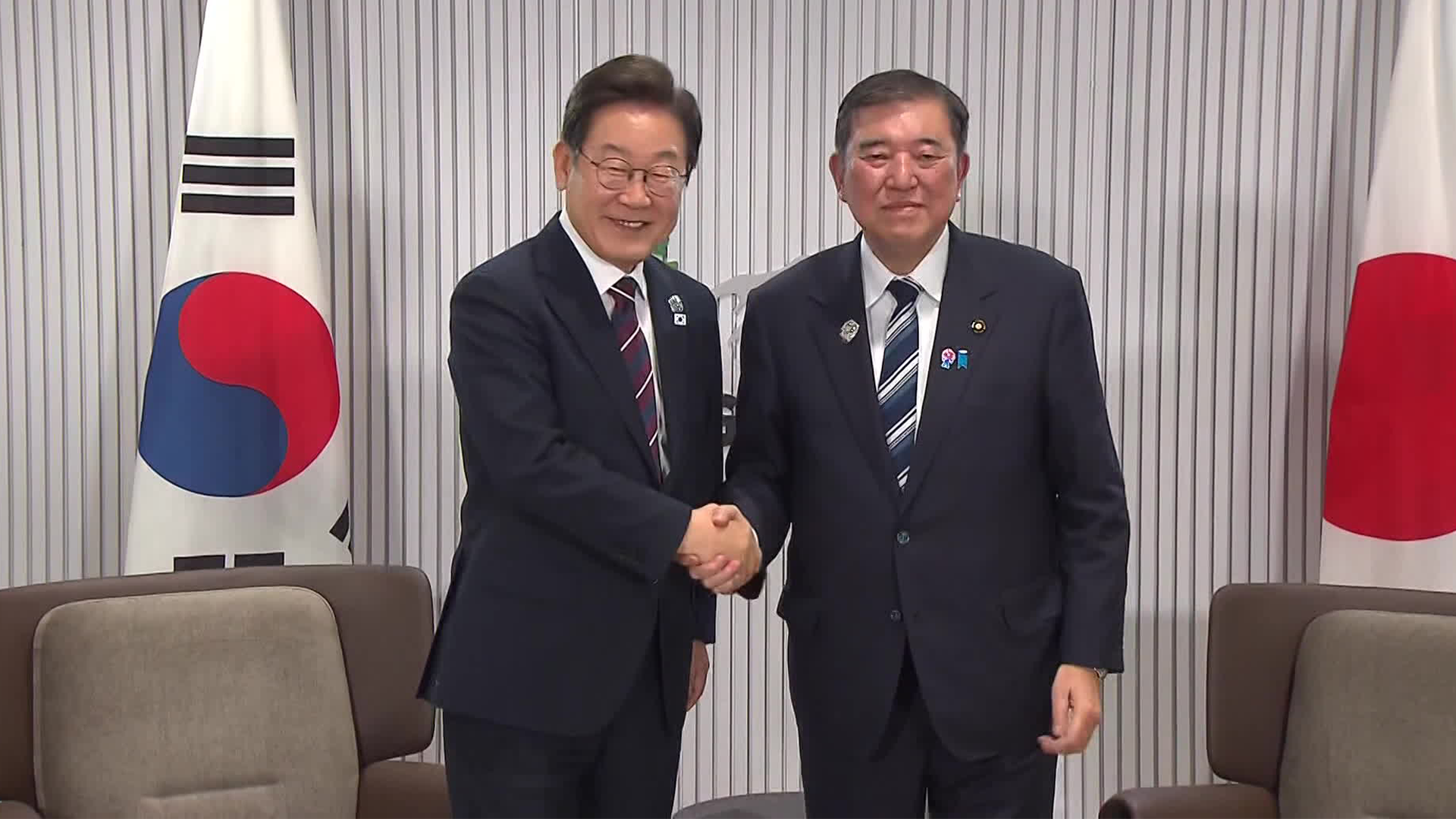
[Anchor]
As we mark the 80th anniversary of Liberation, one issue that cannot be overlooked is Korea-Japan relations.
Coincidentally, President Lee Jae Myung will visit Japan starting on the 23rd to hold a summit with Prime Minister Ishiba.
This is the first time our president has chosen Japan as the first country for a bilateral summit since taking office.
The relationship between Korea and Japan is at a turning point, as we consider whether we can move beyond past pains and conflicts towards a truly future-oriented relationship.
Reporter Kim Kyung-jin has gathered insights from experts on potential solutions.
[Report]
With no time difference and close proximity, Japan is a neighboring country where 12 million people travel back and forth each year. If we join hands in culture, economy, and more, we can expect synergy.
[Kang Chang-il/Former Ambassador to Japan: "If we cooperate in technology, capital, and markets, we can create tremendous synergy, comparable to Europe."]
However, the history of invasion and the perceived insufficient reflection from the perpetrators are obstacles to the development of Korea-Japan relations.
[Jang Sung-il/Research Fellow at the Northeast Asian History Foundation: "(The past) is not just a problem that remains in the past; it is an important issue that affects current and future national relations."]
The Lee Jae Myung administration emphasizes a 'two-track' approach, separating historical issues from current affairs.
[Cho Sung-ryul/Former Consul General in Osaka: "The past issues are treated according to principles, but the flow of practical diplomacy is intended to continue."]
Experts suggest taking it a step further with a 'multi-track' approach.
[Kang Chang-il/Former Ambassador to Japan: "Economics moves in its own way, security in its own way, politics in its own way, and historical issues in their own way."]
They particularly emphasize the role of civil society.
[Baek Tae-woong/Professor at the University of Hawaii School of Law: "I believe we need to move towards a new solution centered on civil society that truly reflects the grievances of the victims."]
[Lee Baek-soon/Former Ambassador to Australia: "Issues like the comfort women and forced labor are clearly human rights issues, which have international appeal."]
Even amid cooperation and checks, experts point out that the focus should be on the future, not the past.
This is KBS News, Kim Kyung-jin.
As we mark the 80th anniversary of Liberation, one issue that cannot be overlooked is Korea-Japan relations.
Coincidentally, President Lee Jae Myung will visit Japan starting on the 23rd to hold a summit with Prime Minister Ishiba.
This is the first time our president has chosen Japan as the first country for a bilateral summit since taking office.
The relationship between Korea and Japan is at a turning point, as we consider whether we can move beyond past pains and conflicts towards a truly future-oriented relationship.
Reporter Kim Kyung-jin has gathered insights from experts on potential solutions.
[Report]
With no time difference and close proximity, Japan is a neighboring country where 12 million people travel back and forth each year. If we join hands in culture, economy, and more, we can expect synergy.
[Kang Chang-il/Former Ambassador to Japan: "If we cooperate in technology, capital, and markets, we can create tremendous synergy, comparable to Europe."]
However, the history of invasion and the perceived insufficient reflection from the perpetrators are obstacles to the development of Korea-Japan relations.
[Jang Sung-il/Research Fellow at the Northeast Asian History Foundation: "(The past) is not just a problem that remains in the past; it is an important issue that affects current and future national relations."]
The Lee Jae Myung administration emphasizes a 'two-track' approach, separating historical issues from current affairs.
[Cho Sung-ryul/Former Consul General in Osaka: "The past issues are treated according to principles, but the flow of practical diplomacy is intended to continue."]
Experts suggest taking it a step further with a 'multi-track' approach.
[Kang Chang-il/Former Ambassador to Japan: "Economics moves in its own way, security in its own way, politics in its own way, and historical issues in their own way."]
They particularly emphasize the role of civil society.
[Baek Tae-woong/Professor at the University of Hawaii School of Law: "I believe we need to move towards a new solution centered on civil society that truly reflects the grievances of the victims."]
[Lee Baek-soon/Former Ambassador to Australia: "Issues like the comfort women and forced labor are clearly human rights issues, which have international appeal."]
Even amid cooperation and checks, experts point out that the focus should be on the future, not the past.
This is KBS News, Kim Kyung-jin.
-
-
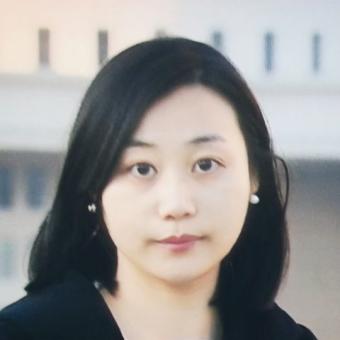
김경진 기자 kjkim@kbs.co.kr
김경진 기자의 기사 모음
-
이 기사가 좋으셨다면
-
좋아요
0
-
응원해요
0
-
후속 원해요
0










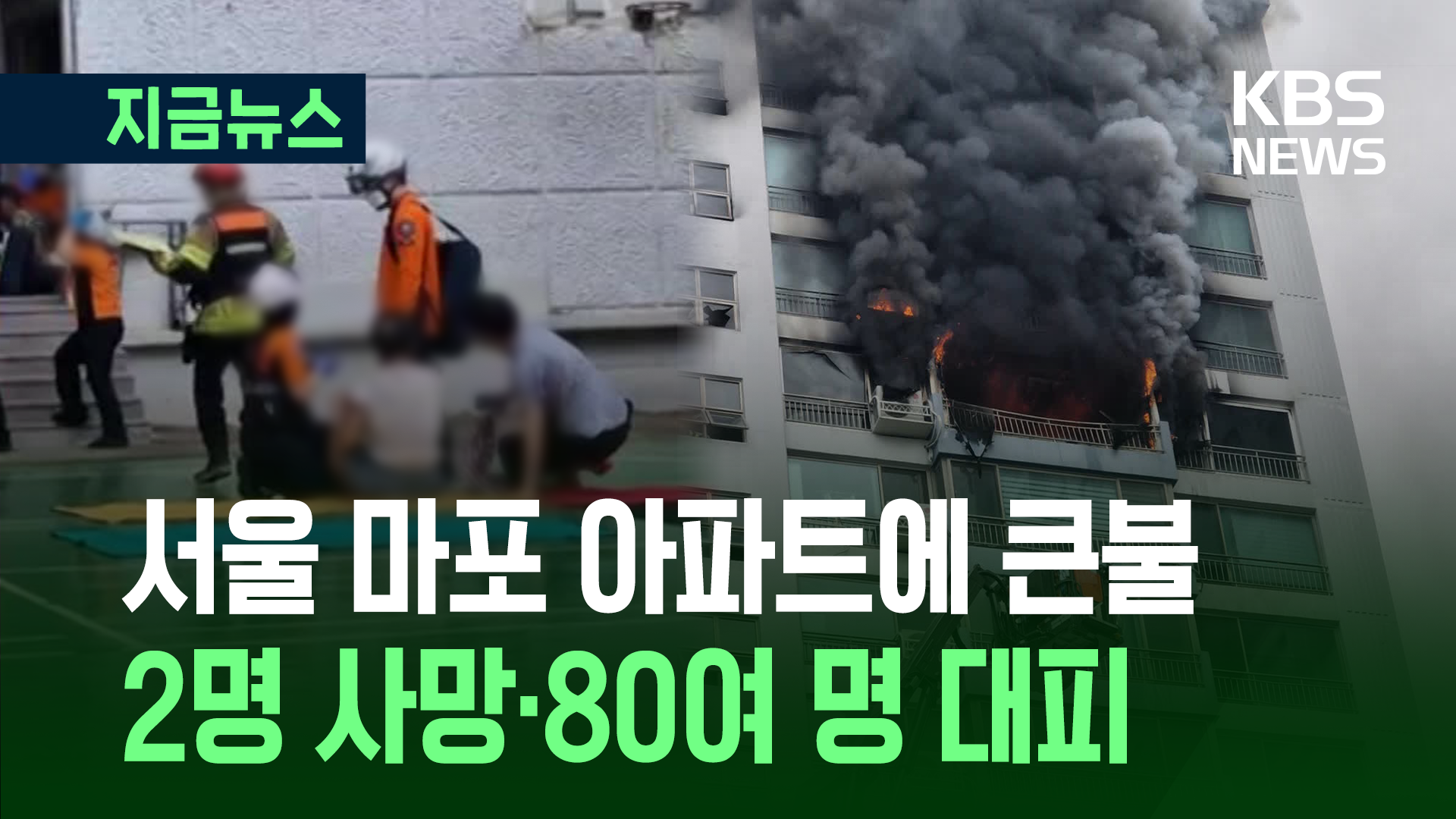

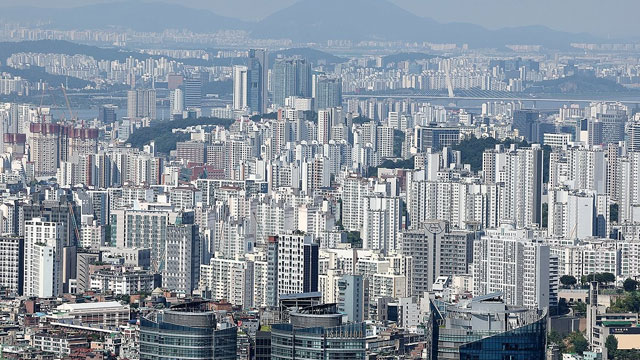
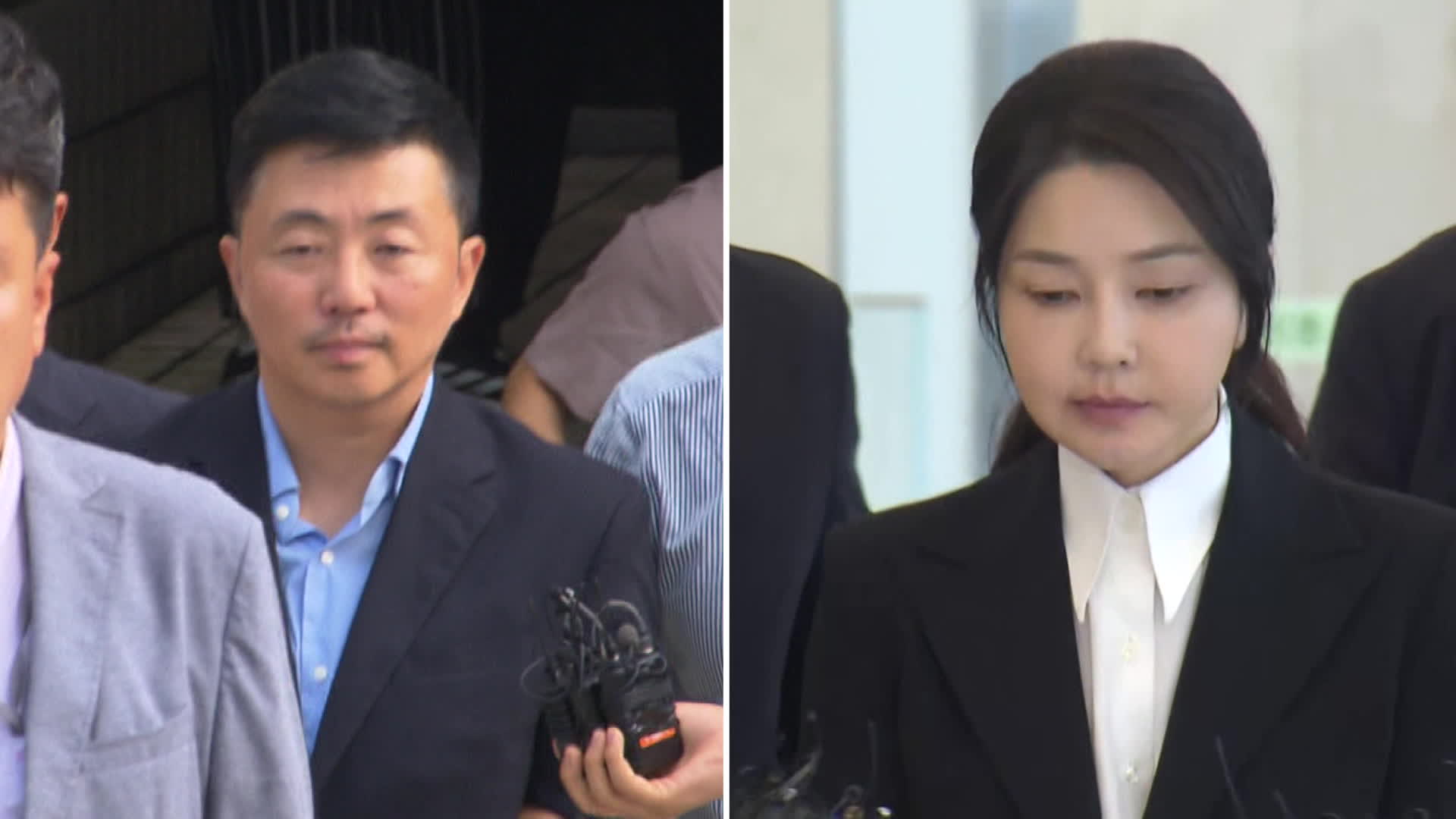

이 기사에 대한 의견을 남겨주세요.